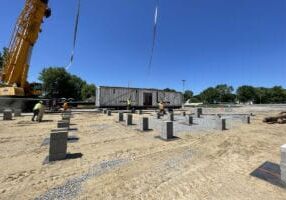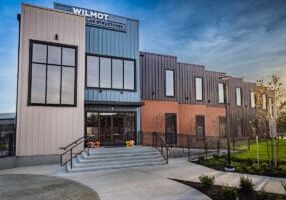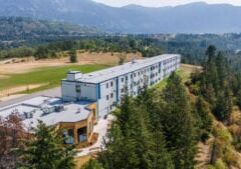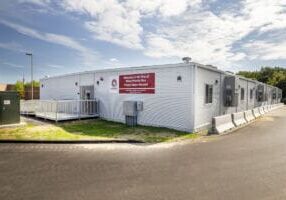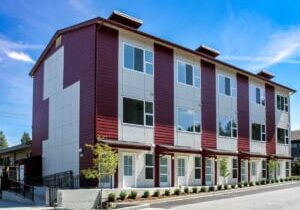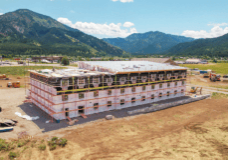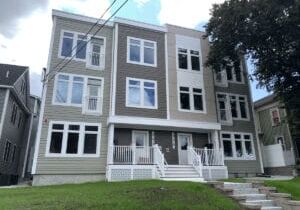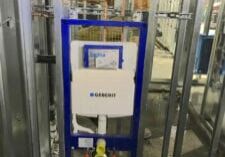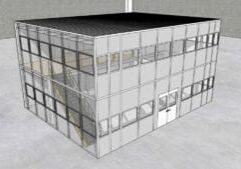Modular Construction for Multi-Family Housing
The development of multi-family housing presents three challenges: affordability, quality, and speed of construction. Traditional building methods often struggle to meet these demands simultaneously, leading developers to seek innovative solutions. Modular construction offers a groundbreaking approach, offering a viable alternative to conventional construction. This method addresses the core challenges and aligns with the increasing demand for sustainable building practices.
Benefits of Modular Construction for Multi-Family Housing
Modular construction distinguishes itself through several key advantages. Primarily, it reduces construction time by allowing site work and building construction to co-occur. This efficiency can lead to cost savings, as the faster turnaround time lowers labor costs and allows for earlier occupancy. Moreover, modular buildings are constructed in a controlled factory environment, which enhances quality control, reduces waste, and contributes to their sustainability. The scalable nature of modular construction creates opportunities for developers to adjust project sizes to meet the fluctuating demands for housing.
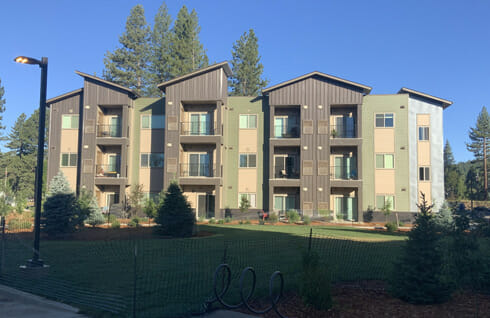
MBI Members' Success Stories
The Modular Building Institute (MBI) showcases numerous success stories highlighting modular construction's effectiveness in the multi-family sector. For more examples of multi-family housing developed through modular building, view our interactive map of completed MBI member projects around the world!
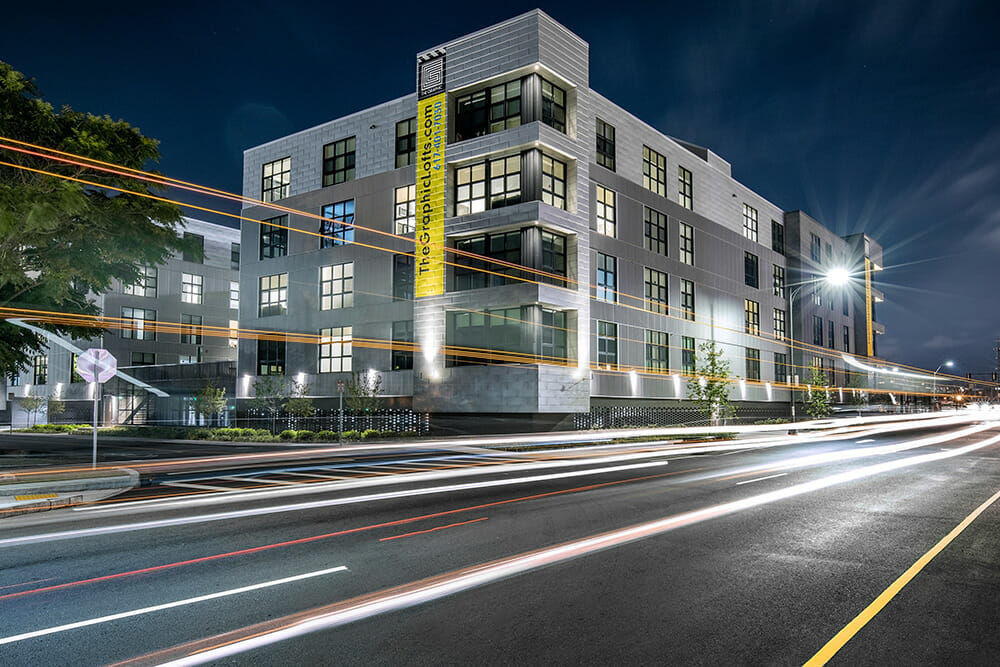
The Graphic: This ambitious project in Boston is a testament to modular construction's versatility, combining historic preservation with modern living. By utilizing prefabricated units, The Graphic seamlessly integrated new residential spaces into a historical framework, highlighting modular construction's ability to merge efficiency with aesthetic and historical integrity.
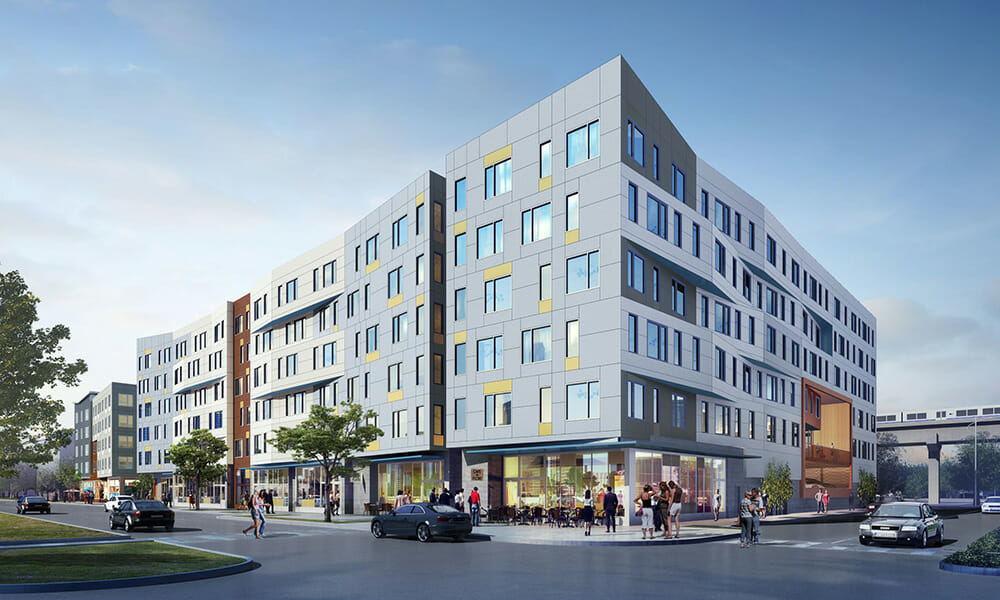
Mayfair Modular Case Study: The Mayfair development transformed a parking lot into a vibrant residential area near the El Cerrito del Norte BART Station in California. With 223 units, including 67 affordable homes, Mayfair showcases the efficiency and aesthetic flexibility of modular construction. This project, a collaboration between architects and Factory_OS, highlights modular's potential to address housing needs with innovation.
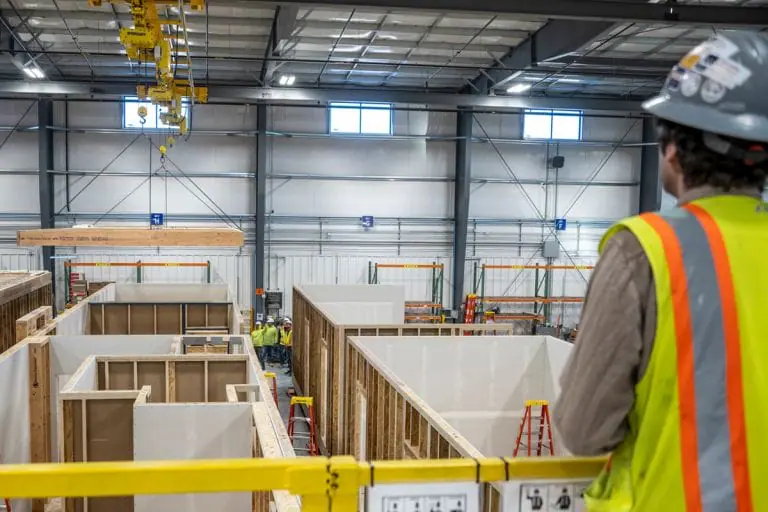
Colorado Developer Tackled Housing Crisis: Fading West Development, leveraging modular construction, rapidly delivers affordable and eco-friendly homes in Colorado, addressing the urgent housing need. Their approach speeds up construction and involves collaboration with governments to adapt housing regulations, enhancing the project's impact. This innovative strategy exemplified scalable solutions to the housing affordability crisis.
Emerging Trends and Future Potential
The future of modular construction in multi-family housing is bright, with trends pointing towards more customizable modular units, the integration of smart and green technologies, and an increasing role in addressing housing shortages. These trends highlight the industry's move towards more adaptive, resilient, and sustainable construction methods, promising a new era of housing development.
The Value of Modular Construction
Permanent modular construction offers a compelling solution for developing multi-family housing, addressing critical affordability, quality, and speed challenges. Through the successful projects of MBI members and the industry's ongoing evolution, it is clear that modular construction is not just an alternative method but a forward-thinking approach to building better communities. Developers and housing authorities are encouraged to explore modular solutions, leveraging their benefits to meet the growing needs for sustainable, quality housing.


